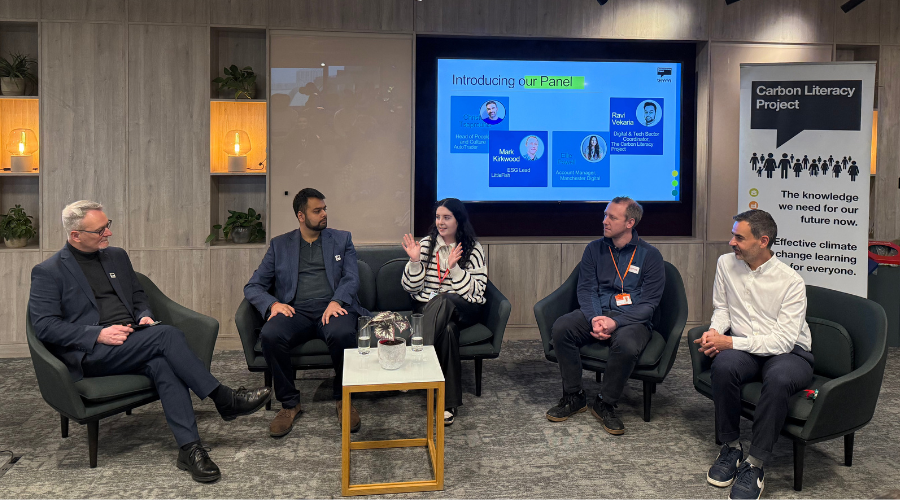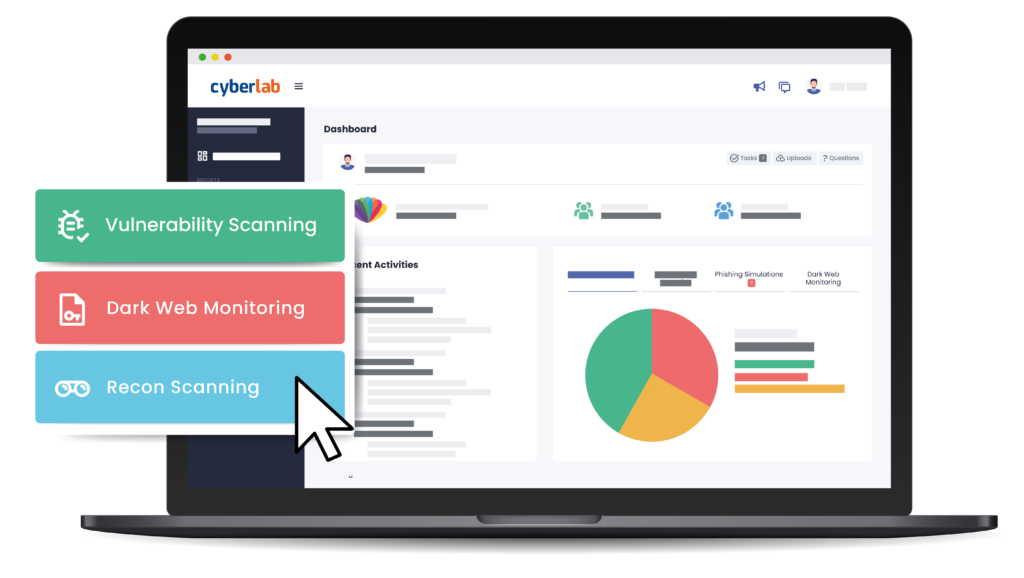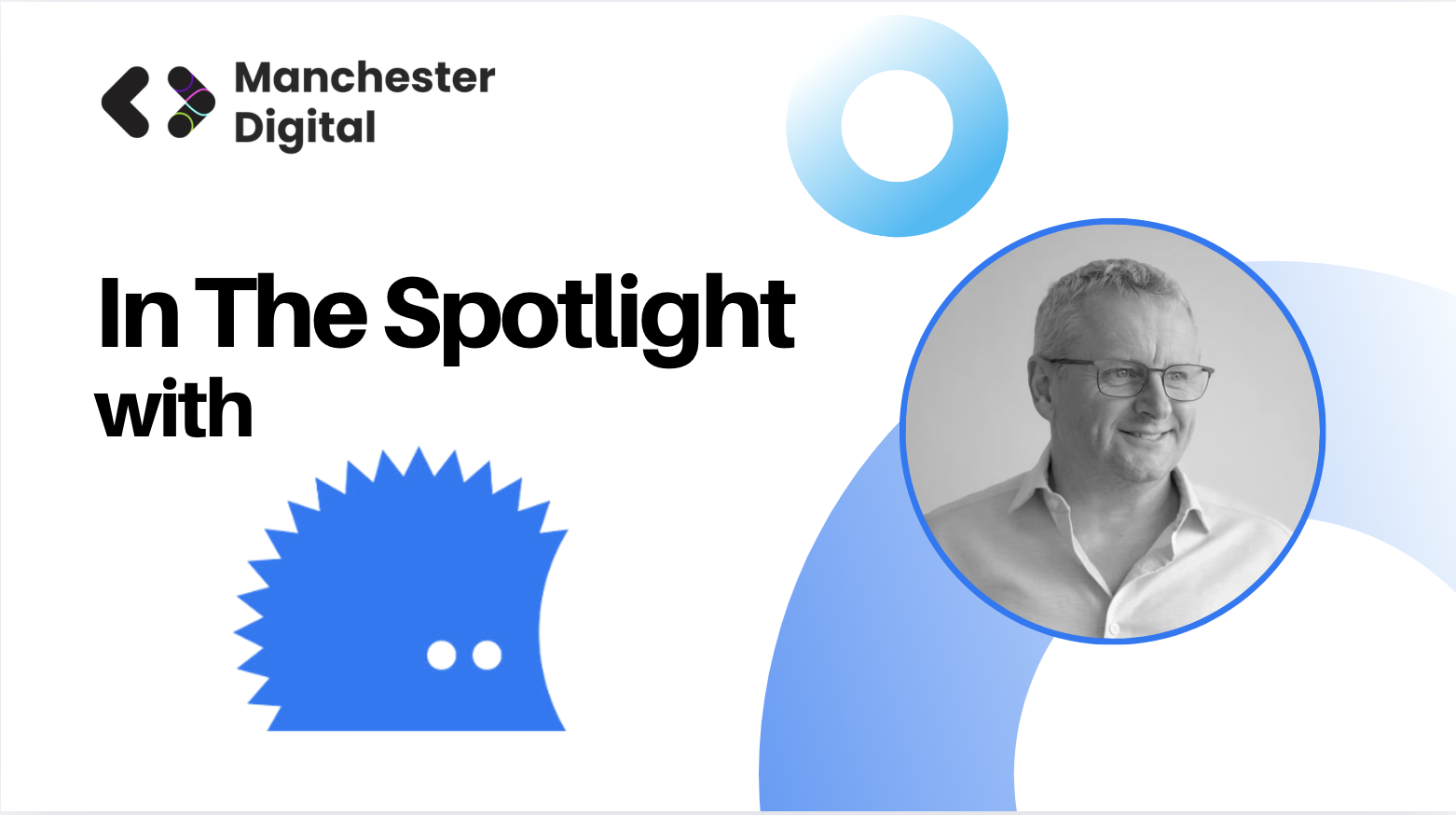
The Manchester Digital Skills Festival always brings up discussion of generational difference. And any discussion about generational differences will bring up technology within the first few sentences. Between millennials (born after 1981), Gen Z (born after 1997), and the current Gen Alpha (born after 2010), successive groups have had more in-depth exposure to technical platforms from a younger age, with research suggesting millennials and Gen Z interact more digitally than they do in the real world.of the scale of our work, we’ve got 4.4m customers in the UK and Ireland. Our websites receive 1.4m visits every day, and almost half of online sales come via our app. We need to respond to this and prepare for changes in our use of digital, particularly around communications, blending STEM with the arts to produce a highly creative and powerful evolution of the discipline. With the fastest-growing technology scene in the north of England, employing around 60,000 people, this blend will be particularly important in Manchester. Named the UK’s number one regional tech city in 2022, it is a hub for more than 1,600 start-ups and scale-ups and home to several tech ‘unicorns’; as well as being a location of choice for large digitally focussed firms seeking growth and talent from its experts and large student population.
A new native language
AtkinsRéalis’ Geospatial Team have had an opportunity to trial this first-hand, using genuine Ordnance Survey data alongside other open data, and importing them to the popular gaming platform Minecraft®. This scheme, developed in collaboration with the Digital Engineering Technology and Innovation (DETI) Inspire Team at the University of the West of England (UWE), allows primary school students to explore not just data, but their own local area. They can wander from their school to home, considering whether the space really works optimally for everyone, and create changes to the streetscape, to local parks, to buildings, and even their local water spaces. Some of this urban exploration produces wild ideas but also proposes truly achievable beneficial changes, such as urban greening, and allows users to start considering the art of the possible in a brand-new way. The technology acts as a springboard to understanding of the real world. Blending art, science, and technology with the use of a gaming software, and leveraging the children’s local knowledge, truly starts democratising understanding of the complexities of the urban environment.
Elsewhere, leveraging professional standard technologies such as ESRI software, we have supported early teen learners to create their own apps, shareable with friends and family, which put forward their ideas for sustainable infrastructure. Encouraging an understanding of how components of their digital environments are created empowers them, sparking questions and curiosity around how digital really works. What can they do with it? How can they share their own ideas within the digital space in other ways?
Communication, but digital
How might a stakeholder consultation meeting on a new masterplan or transportation scheme look in ten- or twenty-years’ time? AtkinsRéalis Data Intelligence team already promotes stakeholder engagement employing virtual elements, such as extensive interactive WebGIS, augmented reality, data-led presentations and many other digital solutions. However, it is vital that focus must always remain on how these systems drive engagement, regardless of format or technology deployed. They must be smart, considered solutions which take stakeholders through the issues intuitively and in a manner that works for them.
Going forward, it’s clear that whilst technology will develop, the democratisation of data and clear communication must also develop alongside it. This must occur in a way that furthers our understanding of ideas, aims, and strategy and drives a deeper and broader engagement with all generations.

Elspeth McIntyre
GIS Associate Director
At AtkinsRéalis, many of our graduates and apprentices are part of Gen Z, embarking on careers that will see huge innovation and evolution in data and engagement tools. We asked some of our Applied Technology graduates why they were drawn to their career and what excites them about the future. 
Beth Watkin, Digital Advantage
What drew you to a career in applied technology?
Looking at the pace of change in technology, I knew I wanted to be at the heart of things in order to pursue an exciting and resilient career path. The large organisations that AtkinsRéalis works with are hugely complex, so I enjoy exploring to see where I can help optimise their digital systems to help everything run smoothly. Knowing the power of digital, I’m keen to use it to help others!
What excites you most about the future of technology?
Every day I find myself solving problems for clients, whether they operate in government, business or defence sectors. Coming into the industry right now is a really exciting time with as many opportunities as challenges facing clients. I’m especially excited by how technology brings greater connectivity to each other. I think, by the time I’m at retirement, technology will be almost unrecognisable in sophistication, so I’m excited to ensure everyone can benefit from that.
 George Hillion, Technology Solutions
George Hillion, Technology Solutions
What drew you to a career in applied technology?
I studied maths but have always done lots of programming as a hobby. I really enjoy solving problems which cause me frustration, for example automating repetitive tasks so I can focus on something more interesting. I want to do the same for clients; identify where improvements can be made for users, and deliver them something great!
What excites you most about the future of technology?
I’m excited by how technology is now positioned, thanks to more data and more sophisticated analytics. It should be possible to achieve a step change in every single sector so long as we can help with uptake. As I’m a naturally curious person I’ll never run out of new things to learn and investigate.
 Amber Cook, Data Intelligence
Amber Cook, Data Intelligence
What drew you to a career in applied technology?
Before university, I hadn’t heard of spatial data and didn’t particularly understand its real world relevancy, but during my studies I realised the power of data insights for global issues, aiding in decision-making processes. I soon realised that data is essential for our society and environment and is imperative for a variety of sectors.
What excites you most about the future of technology?
After starting at AtkinsRéalis I have found I discover another important data application every day, and I am excited to continue to learn and be part of the future of data. I’m excited to grow within my specialism of geospatial data, but also leverage techniques from wider data applications, such as machine learning and artificial intelligence.
Find out more about AtkinsRéalis here.








